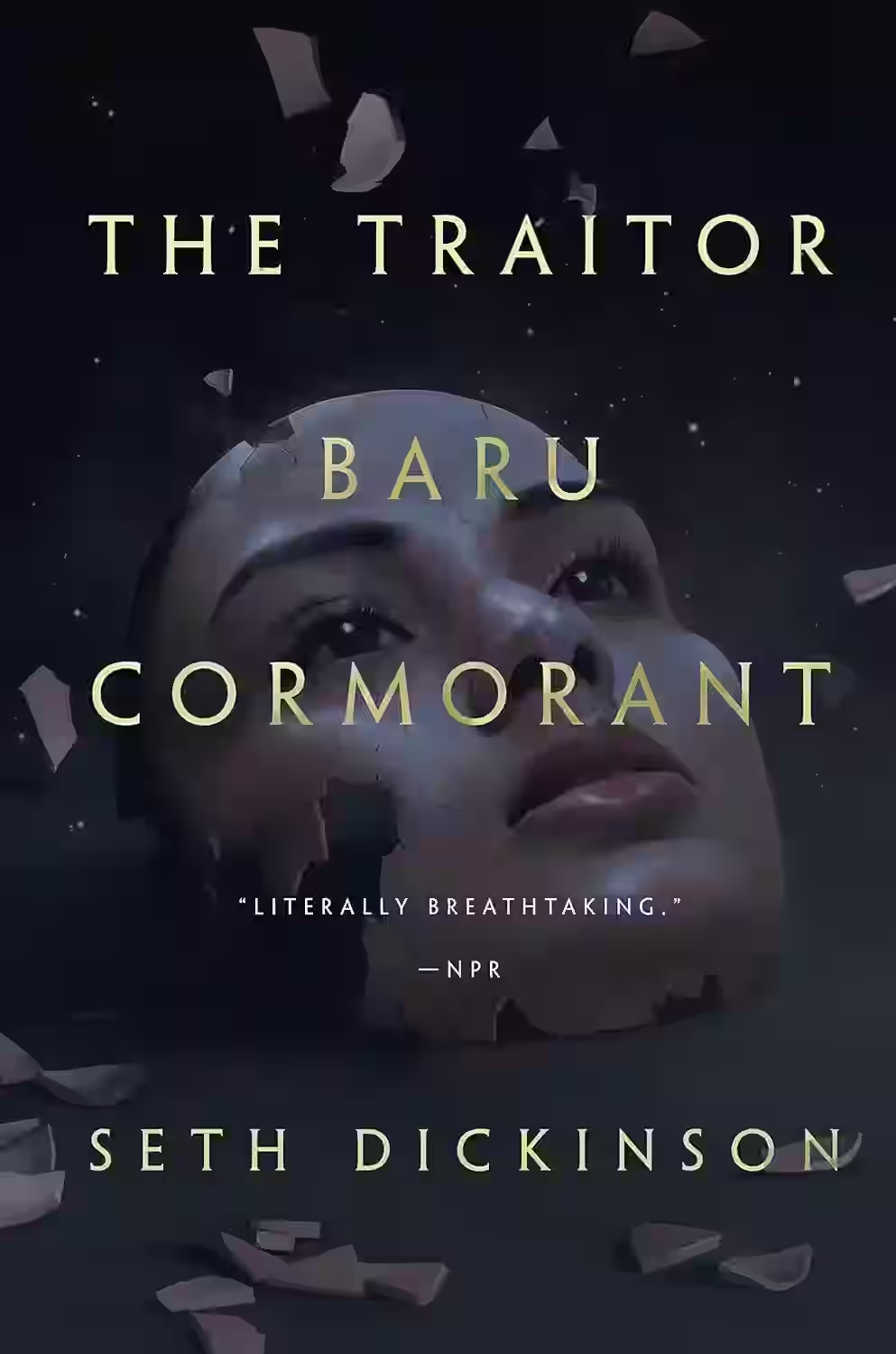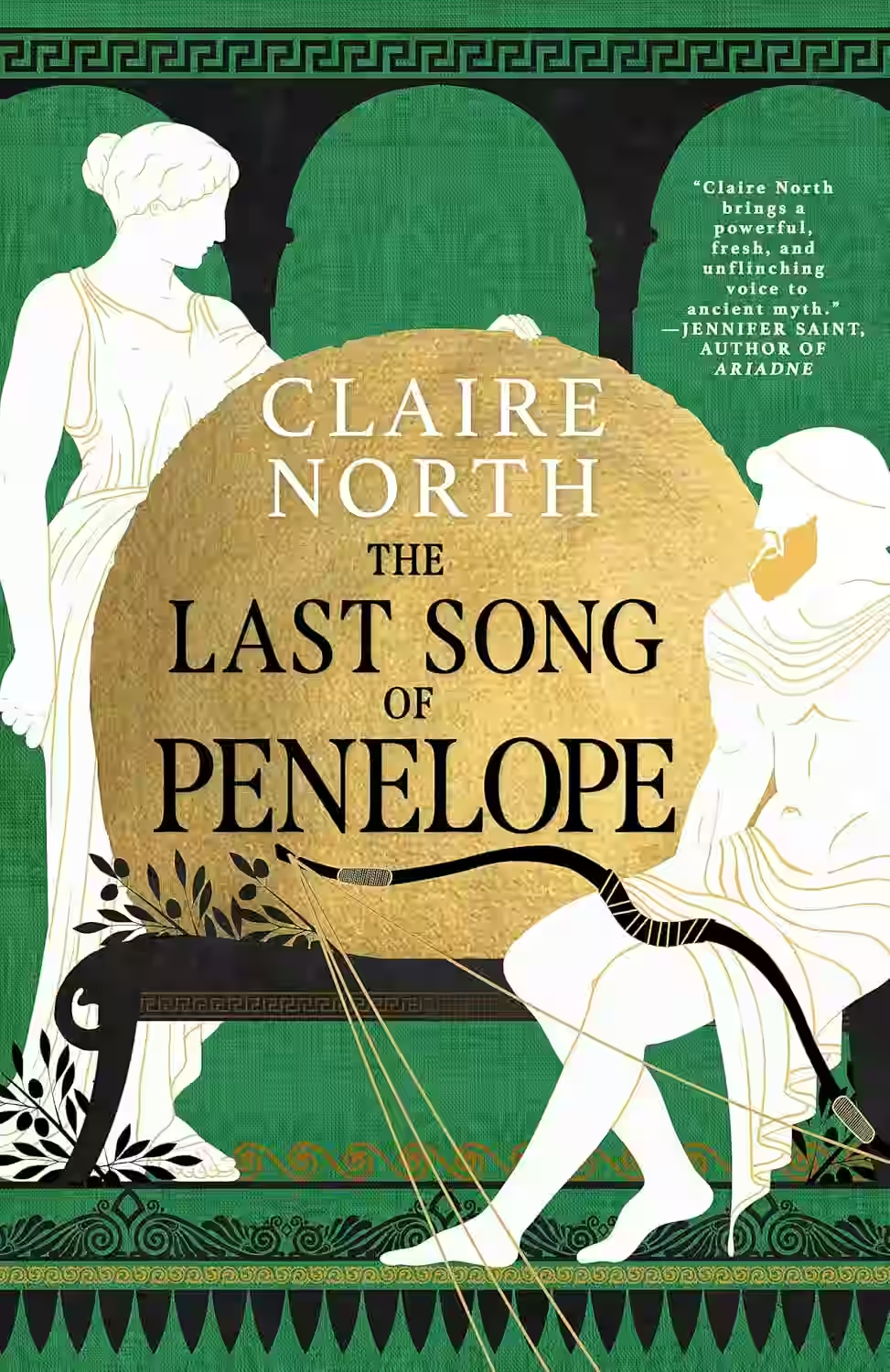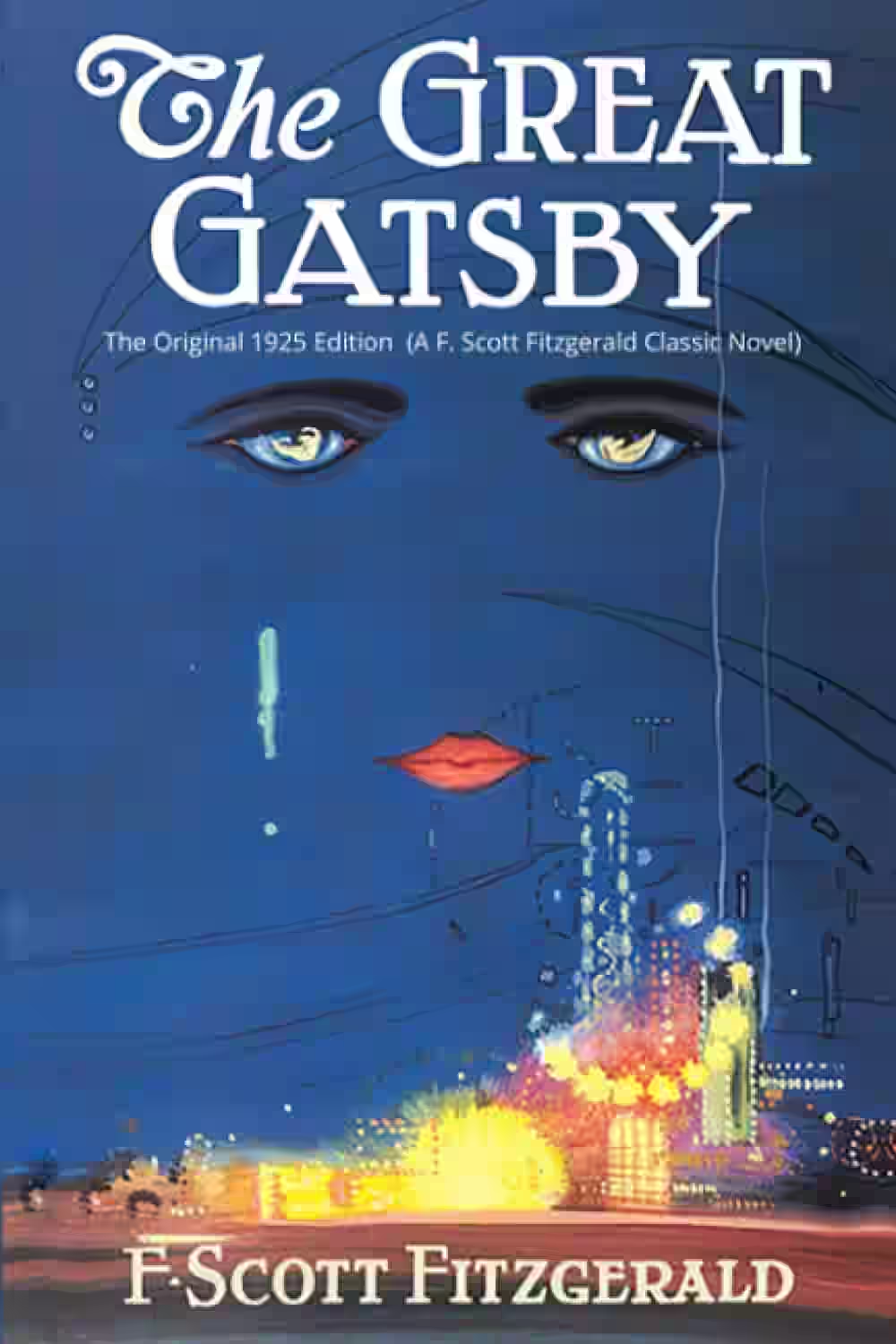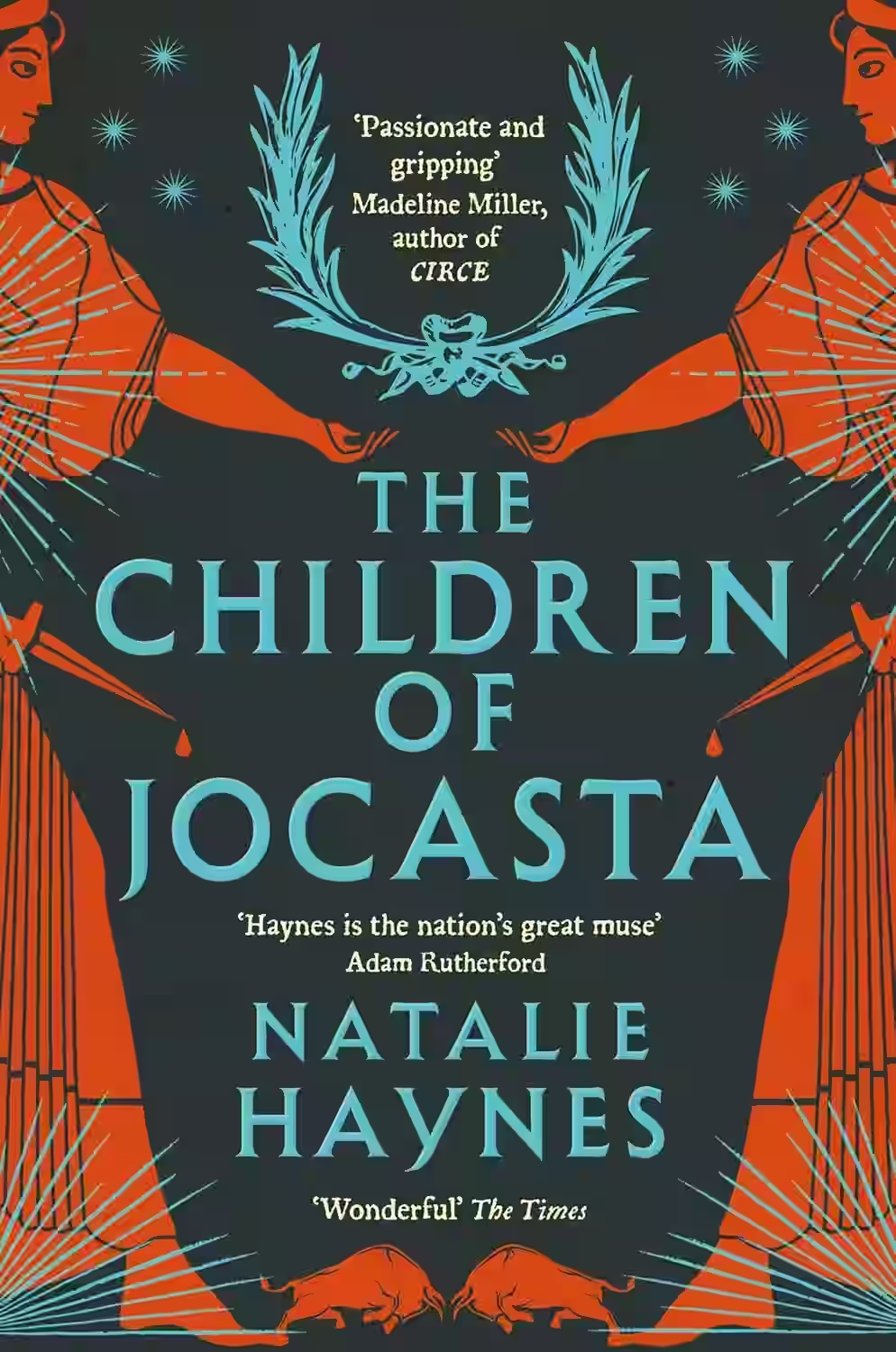
Seth Dickinson's 'The Traitor Baru Cormorant' is a captivating tale of power, manipulation, and sacrifice. The story follows Baru Cormorant, a brilliant strategist who navigates a treacherous world of colonial politics to seek vengeance for her home's destruction. As she rises in the ranks of a powerful empire, Baru must grapple with her loyalty to her people and the temptations of authority. Dickinson weaves a complex narrative that explores themes of identity, betrayal, and the cost of ambition. With intricate world-building and morally gray characters, this book delves into the darker aspects of human nature and leaves readers questioning the true nature of power.
About The Masquerade Series
This series starts with The Traitor Baru Cormorant, a politically driven fantasy about a brilliant young woman infiltrating a colonial empire to destroy it from within. Baru serves the very regime that conquered her homeland, manipulating her way up the ranks in a world of intrigue, economic control, and ideological warfare. The series challenges traditional fantasy tropes with its emphasis on realpolitik, identity, and moral compromise. Seth Dickinson’s prose is dense and cerebral, making the series a favorite among readers seeking complex narratives and unconventional heroes.
About Seth Dickinson
Seth Dickinson is an acclaimed American author known for his contributions to the science fiction and fantasy genres. With a background in cognitive science and a deep interest in philosophy, Dickinson's writing often explores complex themes of power, identity, and morality. He gained widespread recognition for his debut novel, 'The Traitor Baru Cormorant,' which was praised for its intricate world-building and nuanced characters. Dickinson's works are celebrated for their thought-provoking narratives and lyrical prose, earning him a dedicated following among readers of speculative fiction. As a talented storyteller, Dickinson continues to push boundaries and challenge conventions in the literary landscape.
Similar Books

The Last Song of Penelope
by Claire North
Series: The Songs of Penelope (#3)
In 'The Last Song of Penelope,' Claire North reimagines the classic tale of the Odyssean legend from the perspective of Penelope, the enduring wife of Odysseus. This novel delves deeply into themes of love, endurance, and the silent strength of women, bringing a fresh voice to ancient mythology. North's portrayal of Penelope as a protagonist with her own agency and depth provides a vivid exploration of her struggles and resilience during Odysseus's prolonged absence. The narrative is imbued with imagination and mythological poignancy, effectively balancing lyrical prose with a pace that maintains the reader's engagement. 'The Last Song of Penelope' challenges the traditional narratives and plays with themes of loyalty and identity in timeless yet fresh ways. With its enchanting language and profound insights, this book is a testament to the unheralded songs of those history has often left silent.

The Great Gatsby
Set in the decadent summer of 1922, this masterpiece follows mysterious millionaire Jay Gatsby's obsessive pursuit of his former love, Daisy Buchanan. Through the eyes of narrator Nick Carraway, the story unfolds in a world of lavish parties and empty morality, exploring themes of wealth, love, and the corruption of the American Dream. As Gatsby's facade crumbles, the novel reveals the hollow heart of the Jazz Age.

The Jungle
A harrowing expose of the American meatpacking industry in the early 20th century, The Jungle follows immigrant worker Jurgis Rudkus as he endures exploitation, poverty, and tragedy. Intended to highlight workers’ rights, it shocked readers with its depiction of unsanitary conditions, leading to major food safety reforms. Sinclair’s powerful, muckraking novel remains a classic of social criticism and a landmark in investigative literature.

The Children of Jocasta
In 'The Children of Jocasta', Natalie Haynes masterfully reimagines the classic tales of Oedipus and Antigone from a fresh perspective—a lens that brings women’s voices, often muted in Ancient Greek mythologies, to the forefront. This novel weaves the parallel stories of Jocasta and her daughter Ismene, offering a nuanced exploration of love, power, and choice amid the backdrop of a cursed lineage. Jocasta’s quiet strength and Ismene’s unyielding resilience breathe new life into familiar tales, while Haynes’s elegant prose enriches the narrative’s emotional depth. Engaging with timeless themes of fate and identity, this reinterpretation compels readers to reexamine the silenced stories within classical works and appreciate their enduring relevance.